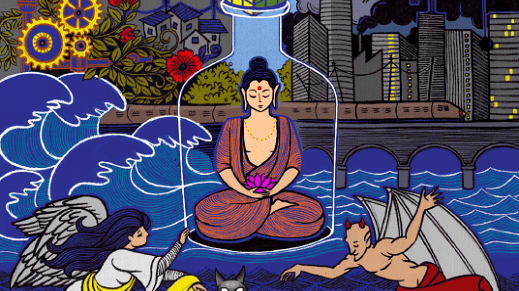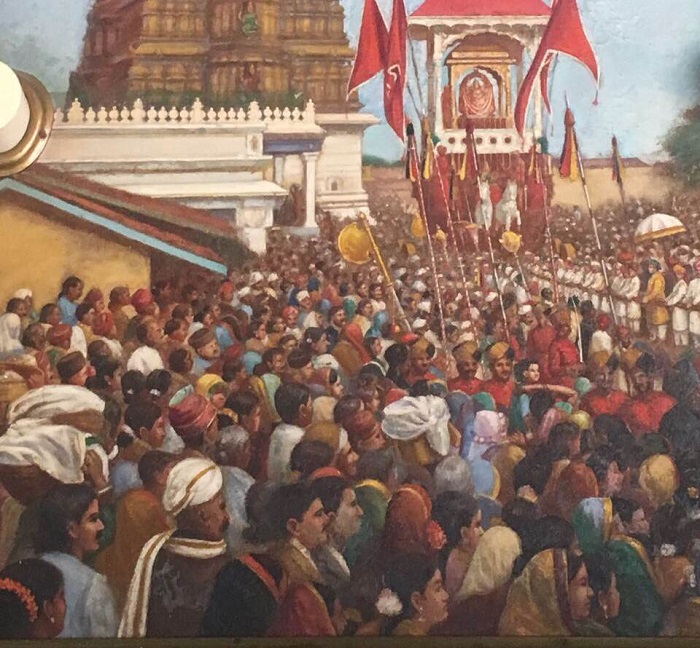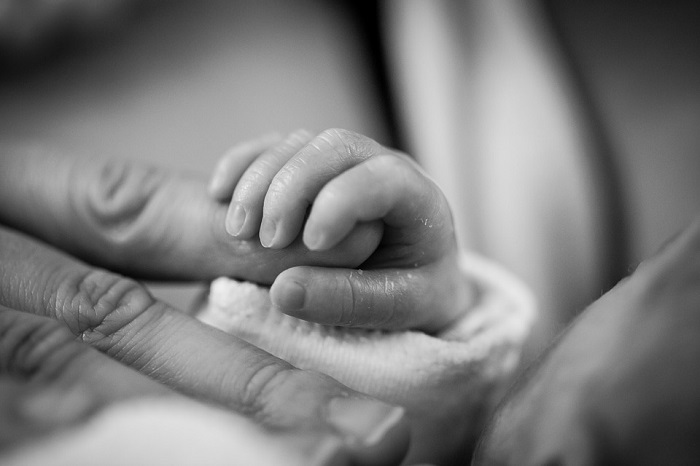“When Louis XVI shifted his allegiance to the most privileged class in French society, the bourgeoisie, known in French government as the Third Estate, determined that it was time for the masses to take control. Louis XVI was condemned as a traitor and executed on the guillotine on January 21, 1793.The country’s heavy debts were a chief cause of national unrest, and exaggerated reports about Marie Antoinette’s luxurious lifestyle became associated with the nation’s deficit. She was soon the most hated person in France and the subject of wild rumors spread by pamphleteers. On October 16, 1793, she too was beheaded.”
– From the French Revolution
To what end do these moths, which do an appearing act at the end of a shower infused with life by street lights and CFLs, bulbs and tubes, live when they are destined to die within a span of few minutes? What is the purpose of their lives, I asked sniggering at the constrained nature of knowledge. And in the same breath of thought, this comes to me: are they (moths) better than the humans who have to live every day on the margins?
We have known as some sort of an ultimate truth that every being has a role to play. So we have come out with labels such as nature’s scavenger for the crow simultaneously creating our man made versions of manual scavengers, for eons in the name of caste. Manual scavenging still exists- have we not, since our forefathers indoctrinated a particular section of the society, taught the latter to take a good look at themselves?
Myths were invented in India. So if the marginalized are prisoners of a past life then they will be the first ones to attain mukti. And going by the same karma theory fed like a vaccine generation after generation, we will replace them in the next life. But who cares as long as we don’t have to live on the outermost peripheries of affluence, in this life. Because past life humbug is only to increase our tolerance towards the stark disparity between a “loaded” shopper stepping out of a mall and the security guard who in all probability carries baggage of a loan, or the fact that he isn’t providing his children with basic education as he makes way for the madam. That they will never demand the bread that rich are having is contained by such myths and superstitions is as naive an assumption as the fact that ministers are rulers in a democracy.
Are we being too insensitive and rash in our attitude towards the seams that hold our lofty existences? Are they letting us play it out to the hilt? Or are they waiting for us to rise to the occasion?
All around the only thing that is uniform to the senses is the incorrigible and inherent spirit of life. Otherwise, what explains the slum dweller or the footpath sleeper to carry on? Who aspires to be a sewage worker or a sweeper?
Perhaps there is a reason that we need youth, the age which wants to be much more than what it is, the time which realizes the limitlessness of its being. How does the impetuosity of youth deal with poverty? Are we not bearing the brunt of the karma of our forefathers when we introduce our young ones to a world riddled with quotas and reservations?
There is an interesting argument which talks about how India is managing with minimum law enforcement when around the world it is dispensed in the highest degree. Is it because there is a stratum of society which has so far survived in self pitying and self loathing?
What does the waiter feel when he serves more than the hungry stomachs need when his family cannot afford two square meals? What must it be like being surrounded by an obnoxious display of food yet it remaining out of reach? Are we pointing out to them what they and their families can never have? Are we living dangerously at the end of a simmering branch that will soon catch fire?
Are we living the right kind of lifestyle in the face of hungry and burning eyes? Are we pushing them to insanity?
Is it necessary to ban capital punishment because the frustration of a daily wager knows no end?
Do we see how intertwined our lives are with each other- the autowallah picks me up from where the metro abandons me. What do we know about the plight of the labourer who built our house and then rushed to a new site to be able to fix his next meal?
We may not have control over their lives and conditions in which they live, but what is the attitude we bear towards them? While they are keeping our lives well oiled, taking care of the toilets that we use ungratefully, is our gratitude in the right place and for that matter our hearts?
Do we know how to take them along as we move towards realizing our great American dream?
When will we reach the potters and weavers who add aesthetics and try to take us a couple of notches higher than we would excuse ourselves from the mundane? Are we equipped to coexist as communities? The government has to tell people not to defecate in the open. Is it because the villages that it hides in the remoteness of knowledge have not been able to look at themselves any better than the treatment meted out to them? Why do we not talk about the villages of our colonizers? These areas popular as countryside among tourists who make sure not to miss staying in the countryside of Italy, England or France, do they not make us question the barbarianism that our villagers subject themselves to? Are we assuming in our presumptuous identities as urban citizens that any other identity is inferior and should have known better?
And why are the mountain people, the people who have developed a relationship with hills like we have with our air conditioners or phones, cannot live in them? And why are we looking to make a home away from home in their habitat?
“The vegetable vendor is bringing food to my doorstep for money”, for how long will this perspective let him tolerate us as we haggle on! Does the farmer demand my lifestyle in return? More importantly are we making sure he gets his due?
Do we deserve the life we are living so mindlessly? From man versus the wild and successfully driving the latter to extinction, have we come to man versus man?
Do we need this stratum to feel a little bit better about our own situation in life?












